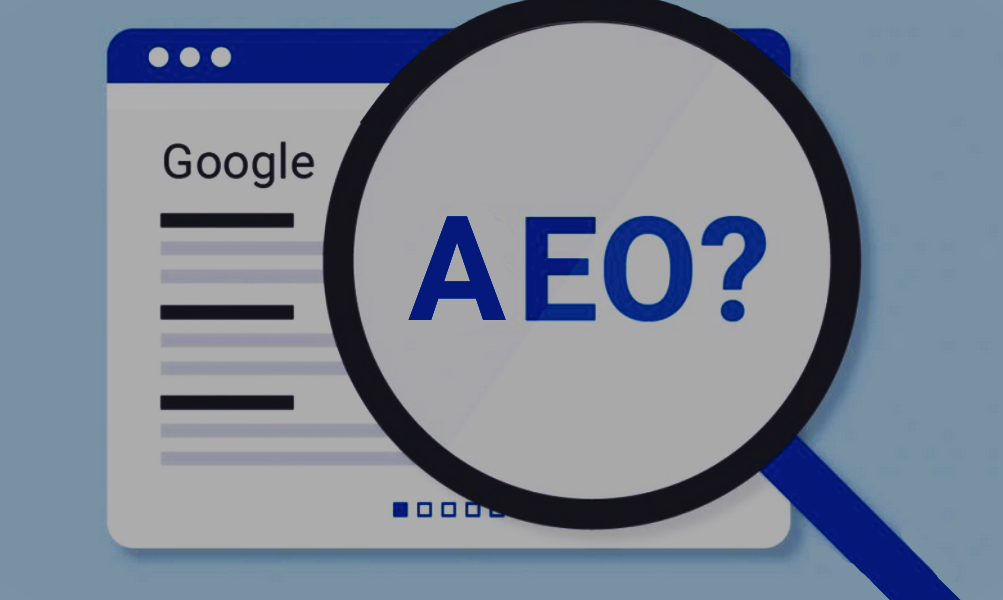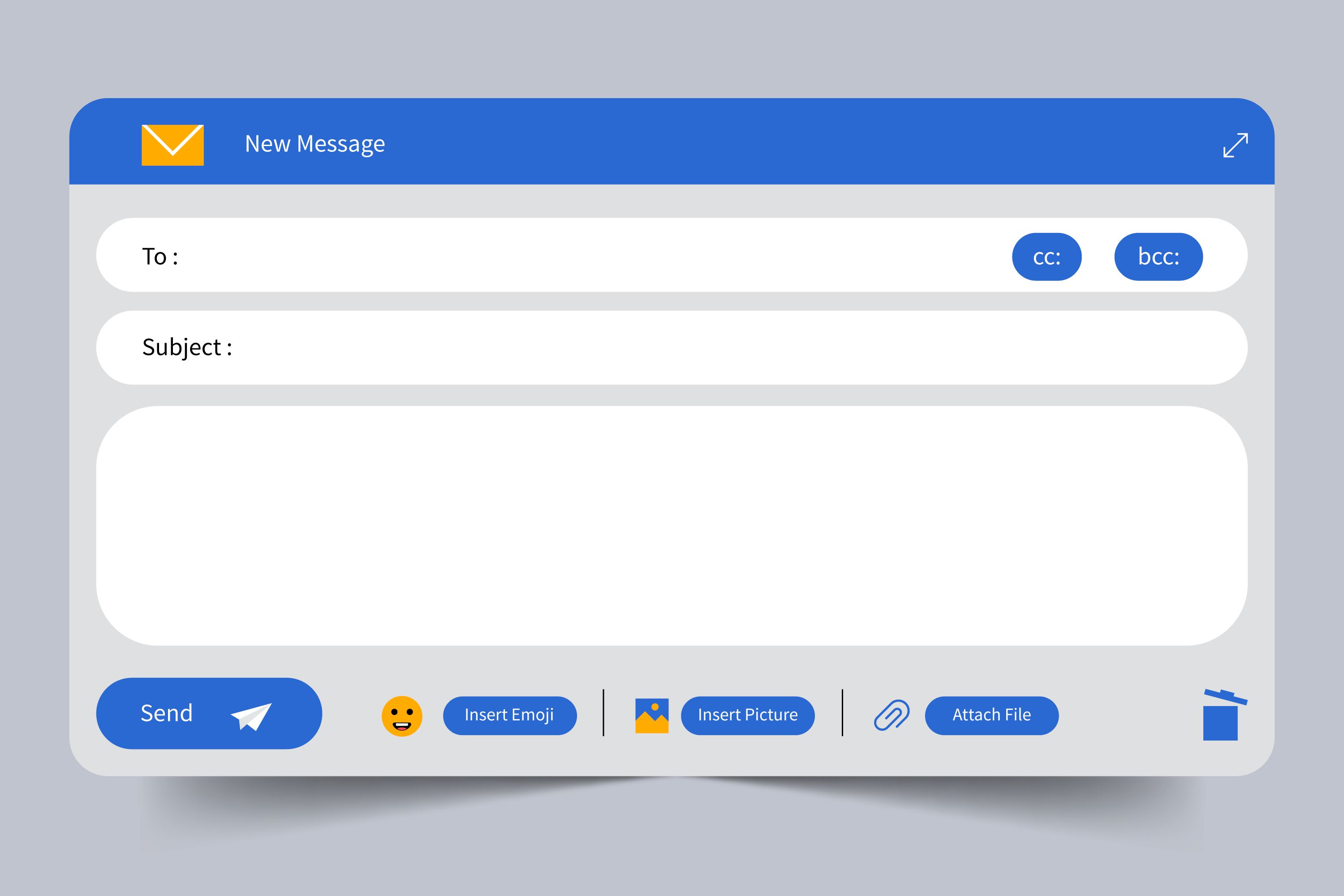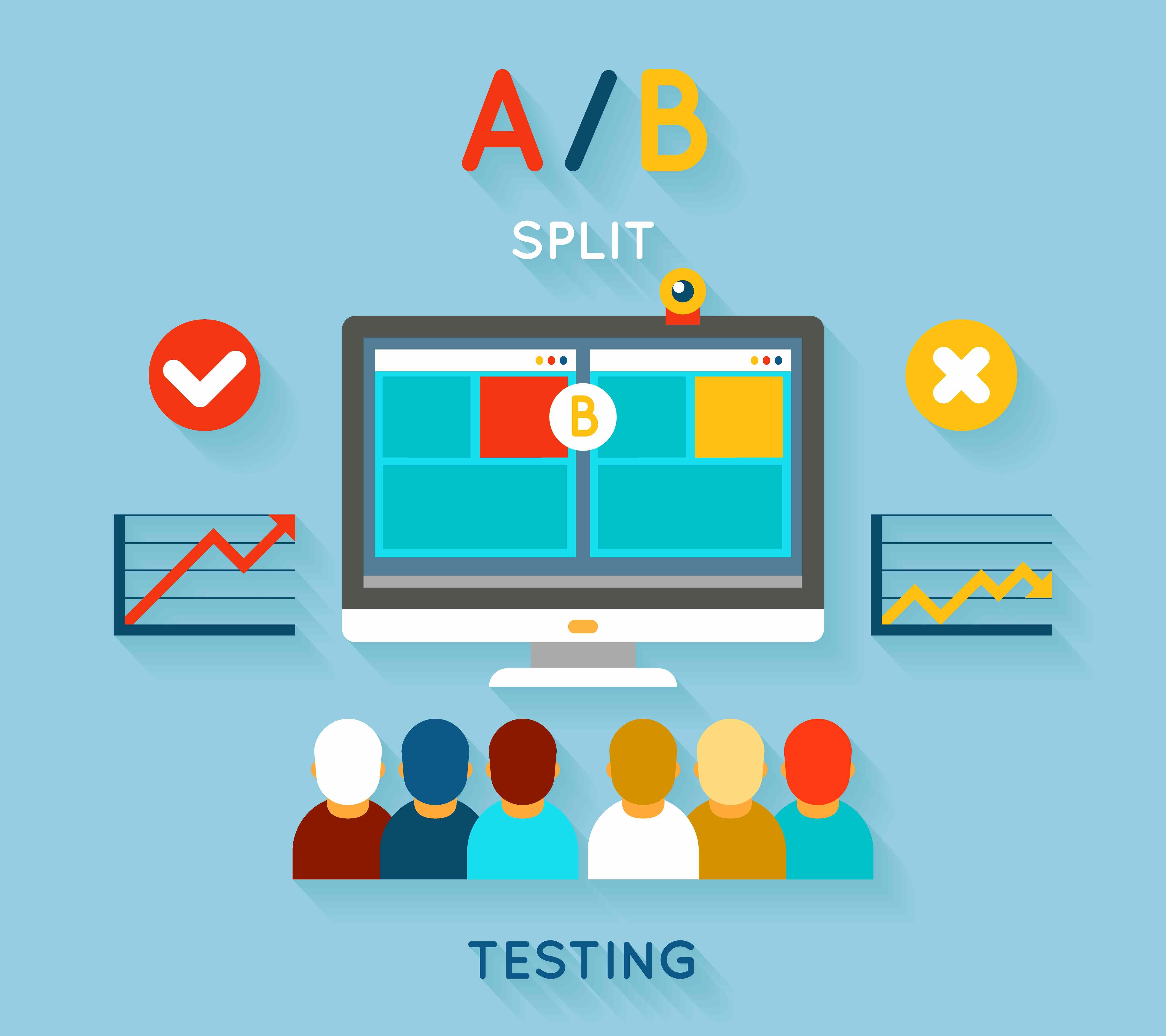
The competitive race towards proprietary AI in 2024 has heightened owing to the cut-throat competition among leading firms in AI. It is also essential to highlight which companies are at the helms of these developments as AI is being integrated into industries like medicine, finance, autonomous cars etc. Today in this article we will reach the bottom and broadly discuss the existing market of significant AI players and the prospects of their technologies, who manages to win the competition in the art of artificial intelligence.
Several AI companies have emerged as frontrunners in the AI race, each advancing artificial intelligence in unique ways. Let’s take a closer look at the most prominent companies in this AI competition.
When it comes to artificial intelligence, Google AI is a major player. With groundbreaking projects like DeepMind, Google Bard, and TensorFlow, Google is pushing the boundaries of AI technology. From AI-powered search to predictive algorithms, Google's AI innovations are widely adopted across industries.
Due to its strategic partnership with OpenAI, Microsoft AI has taken the lead by deploying GPT models within its enterprise products. Thanks to Azure AI and applications such as Microsoft Copilot, Microsoft has emerged as a front runner in the application of practical AI technology, positioning it as a major player in the AI race of 2024.
Key AI Technologies: OpenAI partnership, GPT-4, Azure AI, Copilot.
As to Amazon, its division working with artificial intelligence focuses mainly around AWS AI/ML services and provides many AI tools that let companies apply machine learning power. Usage of Alexa, Amazon’s voice assistant and AI-rich logistic solutions are subtly contributing to Amazon’s lead in the AI race.
Key AI Technologies: AWS AI, SageMaker, Alexa, AI in logistics.
The company came up with GPT models, including ChatGPT and DALL-E, which changed the whole scenery in the AI field. OpenAI therefore is able to advance the current trends in artificial intelligence with a specific focus on natural language processing and generative AI, making it one of the sterile markets in the AI industry.
Key AI Technologies: GPT models, DALL-E, Codex, Reinforcement Learning.
Meta AI is at the forefront of the creation of social networks with the help of artificial intelligence and the construction of the metaverse. Thanks to advances in language model development and the content formation process, the company continues to advance further the limits of the use of AI in fine graphics and virtual scenarios.
Key AI Technologies: LLaMA (Large Language Model Meta AI), AR/VR AI, AI for social networking.
In the self-driving cars issuance, Tesla AI is considered to be at the helm. Leveraging AI with self-driving capabilities with robotics including, but not limited to the Tesla Bot, Tesla has made tremendous advancement into AI automation, especially, in the area of transportation.
Key AI Technologies: Autopilot, Dojo supercomputer, Optimus robot. 2. Policy Response.
The AI race is not only about who can create the best artificial intelligence use, their product, it is above all about resources, workers, creativity. This is how these companies seeking to create artificial intelligence converters to retain leadership in the competition for use of artificial intelligence in 2024 are positioning themselves.
Investment in AI Research and Development Major players such as Google, Microsoft and Meta have especially increased the amount they put in doing AI research. Most AI advances are coming from Google’s Deepmind, Microsoft’s collaboration with OpenAI, and Meta’s AI research labs.
AI Talent War. It Is No Secret That The Best AI Talent Is In Demand And Often Affected By Rivalry. Google AI And Microsoft AI Continuously Buy Out Domain-specific AI Researchers And Startups To Keep Their Heads In The AI Race.
Artificial intelligence is lower mahesh and understanding only the right amounts of data leveraged. Companies like Google and Meta have abundant of user data which allow training of more advanced models of AI resulting to better competitive advantage in this race.
The question of who is winning the AI race in 2024 can be answered in several ways:
While the race towards advancement in AI areas creates hope for new and groundbreaking developments, it as well carry serious setbacks:
Trustworthy AI
AI ethics, AIs and AIs’ ethical biases are rising as concerns. Organizations must deal with problems about the privacy of data, transparence of algorithms and even the applicability of the AI models.
Government Regulation
The spouses of the race for artificial intelligence are trying to gain more and more attention and resources from the regulators. In most countries, authorities have started to put barriers to the AI race, which may be a significant hindrance to the pace of development of AI firms.
Scarcity of AI Talent
The struggle to develop human resources to use the protagonist of AI seems to have no end. It is all about recruiting and retaining the best and the brightest people possessing the necessary qualifications in a very competitive environment.
The AI race of 2024 seems to be determining the future of artificial intelligence as Google, Microsoft, OpenAI and Amazon take the lead. There is still a different advantage for each of the branded AI developers with regard to Google’s AI research and Microsoft’s enterprise AI for instance. However, the fight is tough and further changes are being made, leaving it to be seen who will take up the top position in the domain of artificial intelligence.





